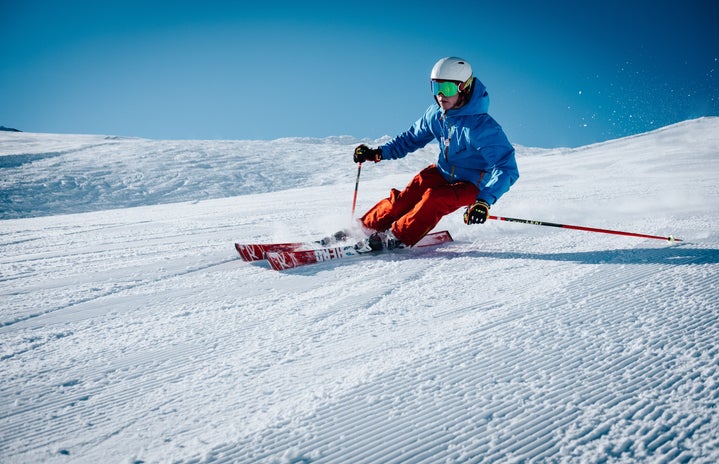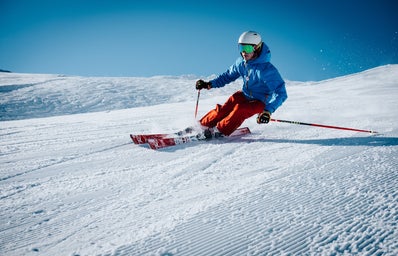The Beijing Winter Olympics Organizing Committee has stated that general public ticket sales for the Winter Olympic and Paralympic Games in Beijing will not happen this year. According to a statement released on Monday, Jan. 17, the committee said, “In terms of the grim and complex situation of epidemic prevention and control [and] in order to protect the health and safety of Olympic personnel and spectators, we have decided to change the original plan of public ticket sales.”
This announcement comes after China reported its worst week of COVID-19 cases in 2021 since taming the original epidemic. China closed out the year with “175 new community infections” reported on Dec. 31, leaving the last week of December with a total of 1,151 cases in only seven days. These rising cases, mainly found in the city of Xian, which has a population of over 13 million people, led to a city-wide shutdown for 10 days. With schools, businesses and factories closed, people were asked to stay inside at all times and were told that leaving home, even for food, would be a violation. While this lockdown ended on Jan. 10, cases in mainland China continue to rise.
While the first case of Omicron was detected in Tianjin on Dec. 9, Beijing reported its first case on Saturday, Jan. 15. This comes less than three weeks before the Winter Games and one week before the lunar new year celebrations. All of these events were dampened by the new variant, which poses a threat “to the country’s zero-COVID strategy.” This first case and the continued rise of cases in China and around the world led the Beijing Winter Olympics Organizing Committee to halt the sale of public tickets to the Winter Olympics. Instead, they will invite private spectators from the mainland to watch in person. They will have to comply with countermeasures, including “COVID-19 prevention and control requirements before, during and after watching the Games.”
Alongside this new restriction, organizers decided in December to hold the Winter Olympic and Paralympic Games in a closed-loop system, which will only be accessible to participants and will surround the venues, official hotels and transportation services. Those who are fully vaccinated will be allowed to enter the loop without quarantining, while those who aren’t fully vaccinated will have to quarantine for 21 days. This encourages teams to mandate vaccines as the U.S. and Canada have done to avoid complications and allow athletes to get right to practice.
Participants within the closed-loop will be subject to daily health monitoring and testing, and will have no contact with the general public during the Winter Games. Those who test positive will not be able to compete or continue their role, while symptomatic participants will stay at a designated hospital for treatment, and asymptomatic participants will be sent to a facility to isolate.
Though the Winter Games may look different than previous years, you can still find the competitions starting on Feb. 4 for the Winter Olympics and March 4 for the Winter Paralympics.
Want to see more HCFSU? Be sure to like us on Facebook and follow us on Instagram, Twitter, TikTok, YouTube and Pinterest!


